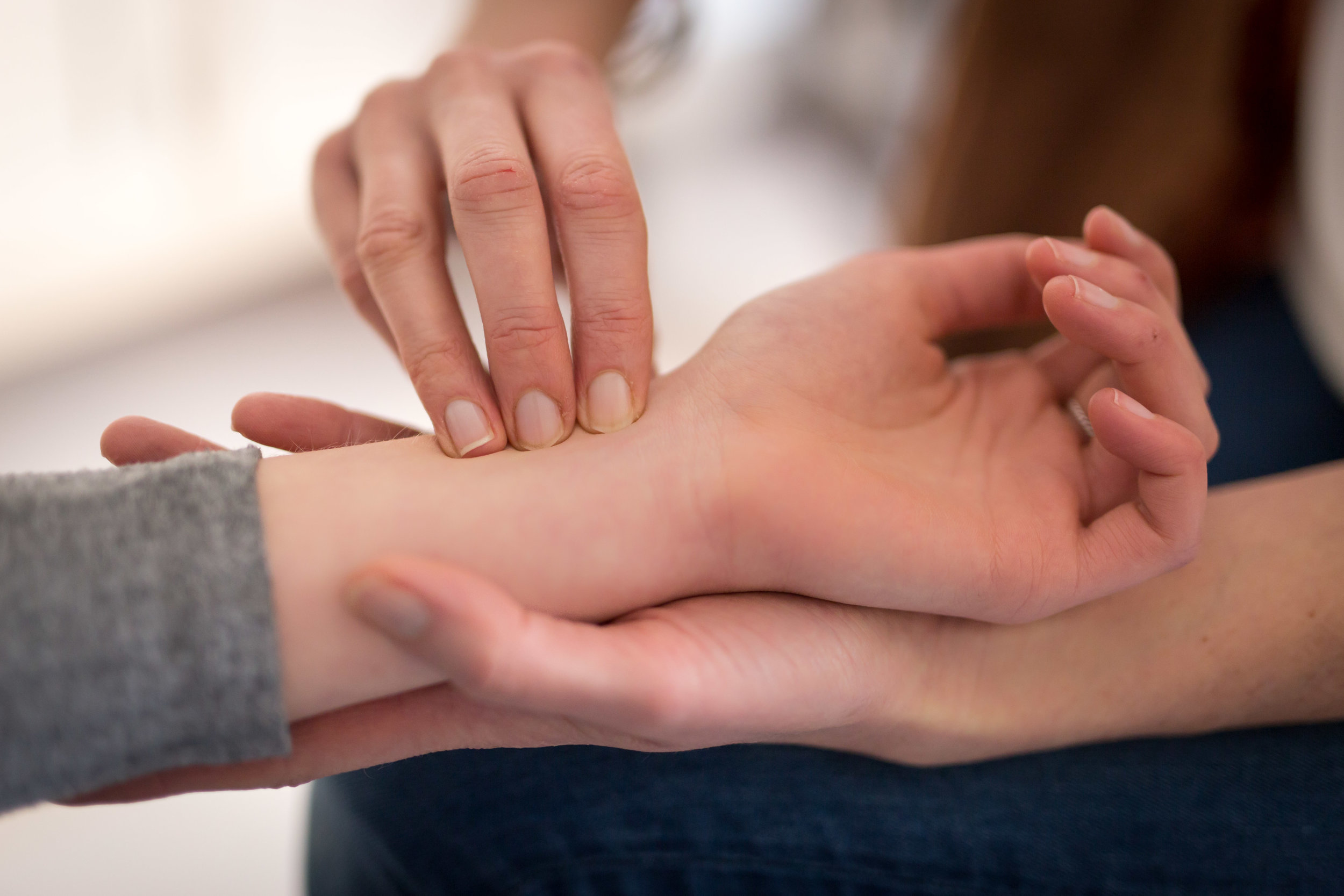Ayurveda is the science of life, it is a Sanskrit word coming from roots 'Ayus' meaning life and 'Veda' meaning knowledge. Therefore the science of life brings about knowledge of oneself.
The Sanskrit word for perfect health is 'svastha'. This term interestingly comes from the roots 'sva' meaning self and 'stha' meaning established. To be established in the self is to know oneself well, or have knowledge of the self, therefore if we are established in the self then we must have perfect health!!
I think this is a fascinating way of looking at our health. If we know ourselves so well surely we can determine or at least influence the way we feel based on knowing exactly how we react to everything?
Ayurveda defines the physiology of the human being governed by 3 main forces, vata, pitta and kapha. These are commonly known as the doshas. Although a dosha is a limitation, a limitation can work in either a positive or negative direction: it can check a decline from something desirable or curb the arising of something undesirable.
The human constitution, or prakruti, is the inherent balance of the the doshas within an individual. Physical characteristics, emotional tendencies and the way the personality is expressed are influenced by the constitution, however when the doshas are out of balance this also shows up on these levels of the being masking the true nature of the prakruti.
An Ayurvedic consultation involves determining the constitution and the vikruti, the out of balance state of the doshas. Once determined the practitioner can guide the patient from the imbalanced state (and all of its symptoms), back to balanced state of the doshas resulting in svastha - perfect health.
The doshas are very real, albeit subtle, forces that exist within the body. They can not be measured in any real sense, but they can be observed and monitored.
Every living creature has all three doshas. It is not possible to exist without a certain amount of each. Kapha dosha, the force that holds things together, governs lubrication, structure, growth, stability and immune system provides the tissues for existence, has its main residence within the stomach, chest, throat, head, plasma, liquids of the body and synovial membranes. Kapha is composed of earth and water and takes on the qualities of these elements
Pitta dosha is that which digests things, providing all metabolic activity. Has its main residence in the small intestine, lower part of the stomach, sweat glands, eyes, skin, liver and spleen. That which transforms and gives sharpness to thought and heat to the emotions, is composed of fire and a small amount of water and takes on the qualities of these elements.
Vata dosha, is the force that moves things. It is responsible for all movement within the body, including nerve impulses, thought, your ability to be able to express yourself through movement and speech and all movement within the body. It has its main location within the large intestine, pelvic cavity, bones, ears, and nerves. Being composed of air and ether this dosha is light, dry and very mobile.
There is not a vata person, pitta person and kapha person, and not seven types from the combinations either but an infinite number of permutations and combinations. However, that being said, often the more dominant doshas is very well noticeable.
Doshas move out of balance according to lifestyle, time of day, time of year, age, weather and season. Being tuned in with knowledge of the self allows you to determine when an imbalance is happening and make necessary changes. The Ayurveda theory is like increases like and opposites reduce. Understanding the qualities of the elements that the doshas contain is important for the Ayurvedic healing journey and lifestyle
Vata Imbalance symptoms
Coldness, tremors, anxiety, overwhelm, fears, worry, constipation, dryness, dizziness, bloating, gas, confusion, depression, hyperactivity, pains, insomnia, emaciation..
PItta Imbalance Symptoms
inflammations, burning sensations, intense hunger, loose stools, diarrhoea, fever, yellow colouring to skin and eyes, acne, anger, intensity, jealousy, heartburn, acid indigestion, feeling hot
Kapha Imbalance Symptoms
weight gain, lethargy, sluggish digestion, heaviness in body and mind, nausea, pale, systemic swelling, feeling cold and damp, congestion, excess mucous, excessive sleeping, attachment, needy, melancholy
A consultation gets to the bare bones of where your imbalances lie and determines which of your habits and familiar choices are causing them. At your consultation simple diagnostics are used to gain the information to get you on track to balance. You will be asked questions on emotional challenges, digestion challenges, diet, routine, sleep habits and even toilet habits along with pulse and tongue diagnosis and a visual observation of physical features. This information is used to determine the state of the doshas in your constitution. This is a 2.5 hour appointment. The cost of the appointment includes a free 1 hour the following week which is referred to as the ‘report of findings’ where you are given the feedback from the consultation and your first set of recommendations to set you on your path to healing.
It is common in Ayurveda treatment to work gradually and implement changes slowly. To begin with patients are seen weekly to guide them which changes to make and support in the changes they have not been able to make. Recommendations can include bespoke herbal remedies, Ayurvedic body treatments, Yoga, meditation, pranayama, aromatherapy, gem and colour therapy as well as diet, habits and routines
An online consultation can not provide the same diagnostics and thus does not include pulse, tongue and physical observation. It is also a shorter appointment being 1.5hrs




